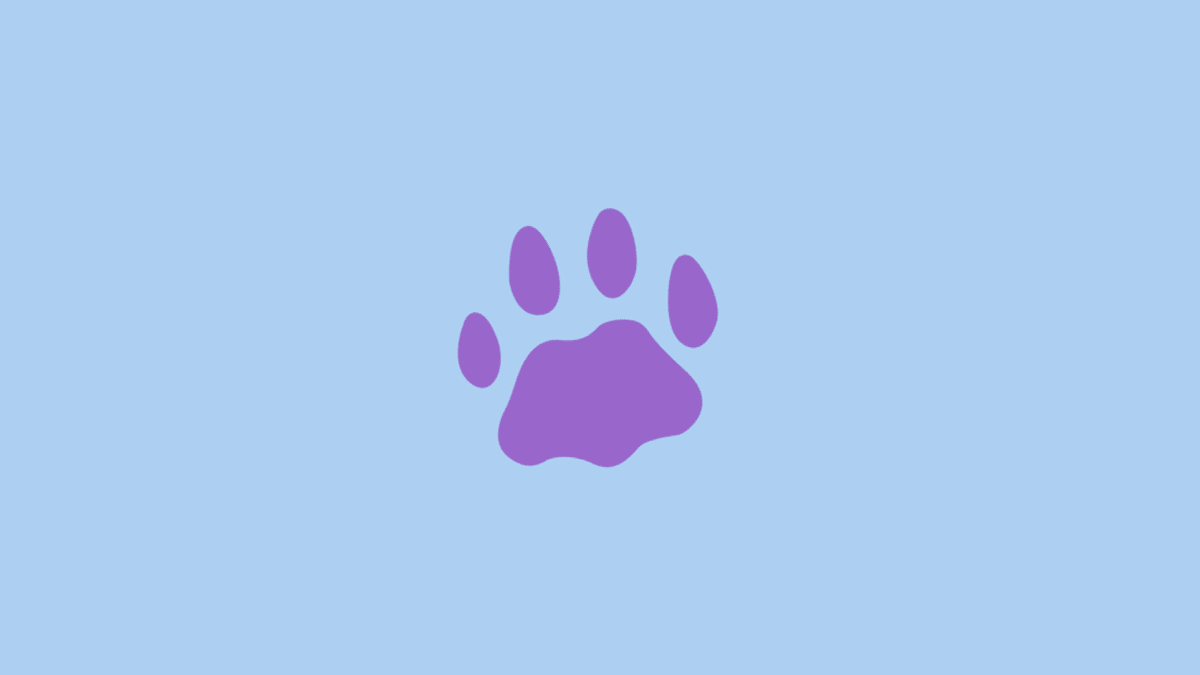Original Article: https://blog.theanimalrescuesite.greatergood.com/elephant-goat-milk/

At the Reteti Elephant Sanctuary, there was a great celebration. The place is the only elephant orphanage in northern Kenya and its people finally accomplished something that they have been working on for years for the sake of the rescue calves under their care.
For a long time now, the keepers at the sanctuary had been thinking about the formula milk which they feed to orphaned elephants at the sanctuary. It was human baby milk which aside from being exorbitant, lacked the natural nutrients that young elephants need.
“I was looking at the ingredients and analyzing each micronutrient and macronutrient and seeing that what was being used in these tins was not fantastic,” said Katie Rowe, co-founder of Reteti, in the community-owned Namunyak Conservancy. “There were better options out there.”
The coronavirus pandemic had made the situation harder for them because travel was restricted. They could not go to the cities where they had been buying milk formulas.
That was when Rowe decided to try the innovative solution that they had been studying for years.
Based on calculations of protein, fat, and carbohydrate levels of different milk, the result showed that goat milk could be the best for young elephants. They especially need more nutrients since many of them arrived at the sanctuary in frail health after being rescued.
Also, with goat milk, they could help some of the locals earn extra income.
And they were right. The goat-based milk, which cost just half of what they spend on baby milk formulas, proved a better choice.
“The elephants are thriving. You can see nutritionally how much better it is for them; you can see it in their recovery after a very traumatic rescue; you can see it in their adjustment time to the rest of the orphaned herd,” said Rowe.
What is more, their community is happier. Many are raising goats and they are very enthusiastic about selling them to the sanctuary to help the young elephants.
“When you are sharing your milk, when you are sharing your resources—it is bound to open up compassion for these animals too,” said Rowe.
[embedded content]
Source: The Animal Rescue Site Blog












